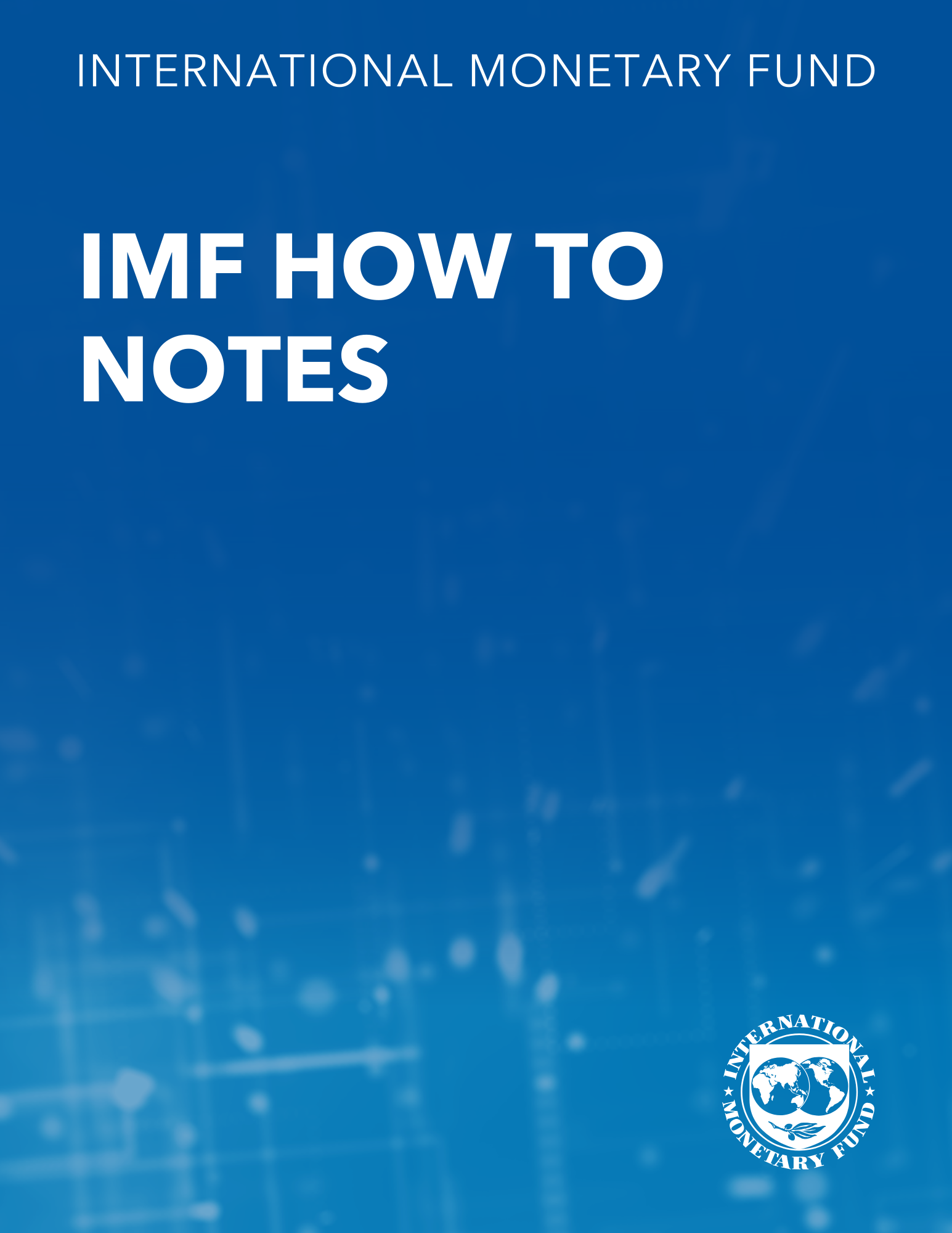Using Administrative Data to Enhance Policymaking in Developing Countries: Tax Data and the National Accounts
August 2, 2018
Disclaimer: IMF Working Papers describe research in progress by the author(s) and are published to elicit comments and to encourage debate. The views expressed in IMF Working Papers are those of the author(s) and do not necessarily represent the views of the IMF, its Executive Board, or IMF management.
Summary
Subject: Data collection, Economic and financial statistics, Income and capital gains taxes, National accounts, Personal income, Taxes, Value-added tax
Keywords: Administrative Data, Data collection, enterprise, Income and capital gains taxes, information, National Accounts, Pacific Islands, pay as you earn, Personal income, reporting burden, tax, tax authorities, tax authority, tax data, Value Added Tax, Value-added tax, WP
Pages:
36
Volume:
2018
DOI:
Issue:
175
Series:
Working Paper No. 2018/175
Stock No:
WPIEA2018175
ISBN:
9781484371701
ISSN:
1018-5941






